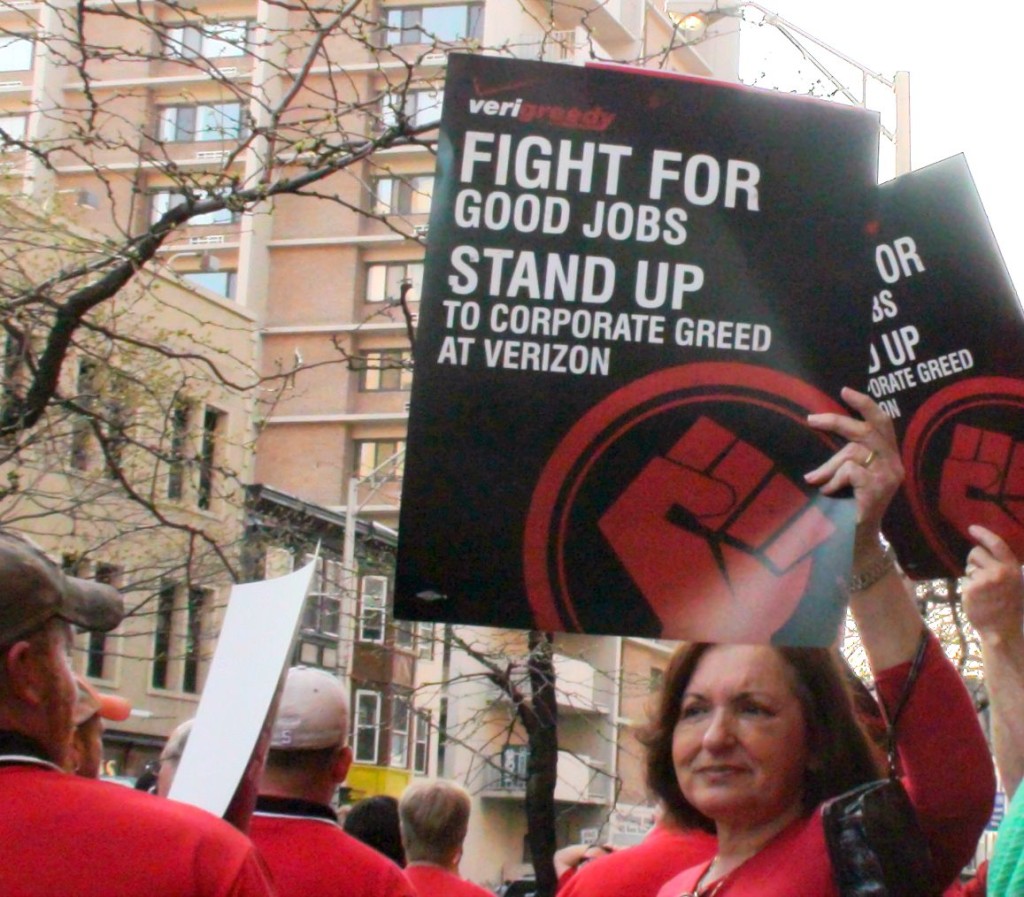Stemming the tide of declining confidence in the Massachusetts economy for the first time in three months, employers indicated that they had a more positive view of the state’s economic outlook during the month of July. The Associated Industries of Massachusetts Confidence Index, which serves as a barometer of local business activity, increased by nearly three points last month, rising to 59.2 points on a scale of 100.
Seen as a benchmark of business function and opportunity in Massachusetts, the Confidence Index registered an all-time high of 68.5 points in 1997 and 1998; they saw a historical low of 33.3 points in 2009.
A lobbying and management group, the Associated Industries of Massachusetts (AIM) collaborates with Massachusetts employers to enhance the business environment and generate greater business opportunity. They also engage various sectors to help reduce healthcare expenditures, unemployment insurance assessments, and other related business costs. AIM also collaborates with legislators in defining regulations on local, state, and federal levels and promotes the need for a knowledgeable and skilled labor force. Another priority for the group is keeping members informed about mandated changes in employment standards and other regulations that may have an adverse impact on their business and the economy of the Commonwealth.
Chairman of the Associated Industries of Massachusetts Board of Economic Advisors Raymond G. Torto asserts:
The AIM Index is up three points from last July, and apart from its recent crest in February and March is at its highest level since December 2006. Like the economy itself, the Index has followed a long-term trend of improvement. But the upward course has been longer and bumpier than most past recoveries.
Data extracted from the released report indicates that the current Massachusetts confidence index data is as strong as from 2006, preceding the 2007 recession.

Details from the Index:
- Employers’ opinion of current business conditions, the Current Index, rose 3.5 to a level of 59.7 points in July.
- Gauging expectations for the next six months, the Future Index, rose 2.2 to a level of 58.6 points.
- Assessing the overall situations of their operations, the Company Index, rose 3.7 to a level of 61.7 points.
- Increasing 5.3 to a level of 63.2, the Sales Index rose to its highest level in nine years.
- Rising to 57.2, up from 54.7, the Employment Index indicated strength compared to prior months.
While the overall view is positive, there were some dips in the manufacturing sector, as well as a lower general confidence rating in areas outside the Boston Greater Metropolitan area, displaying a moderate rise of only 1.1 points. As with any business-monitoring system, fluctuations can be expected; however, there seems to be a consistent but gradual increase in confidence in the Massachusetts business climate.
Do you agree? What kind of working conditions have you experienced in Massachusetts?



 The lack of financial literacy among Millennials has resulted in some frightening statistics. Research by the credit information service, Experian, has revealed that the 19–35-year-old demographic has the worst national average for credit scores, and a significantly unfavorable debt-to-income ratio than
The lack of financial literacy among Millennials has resulted in some frightening statistics. Research by the credit information service, Experian, has revealed that the 19–35-year-old demographic has the worst national average for credit scores, and a significantly unfavorable debt-to-income ratio than  The ABL program requires one adult in each household to work or attend school for a minimum of 1,200 hours per year, which is an average of 23 hours per week. Support services to reach for these goals are provided through grants as part of the program. If the residents do not make an effort to abide by the program rules within three years, they face eviction. The disabled and elderly are not a part of the mandatory participation program, so they will not be compelled to leave public housing.
The ABL program requires one adult in each household to work or attend school for a minimum of 1,200 hours per year, which is an average of 23 hours per week. Support services to reach for these goals are provided through grants as part of the program. If the residents do not make an effort to abide by the program rules within three years, they face eviction. The disabled and elderly are not a part of the mandatory participation program, so they will not be compelled to leave public housing. The Bigger Picture
The Bigger Picture






